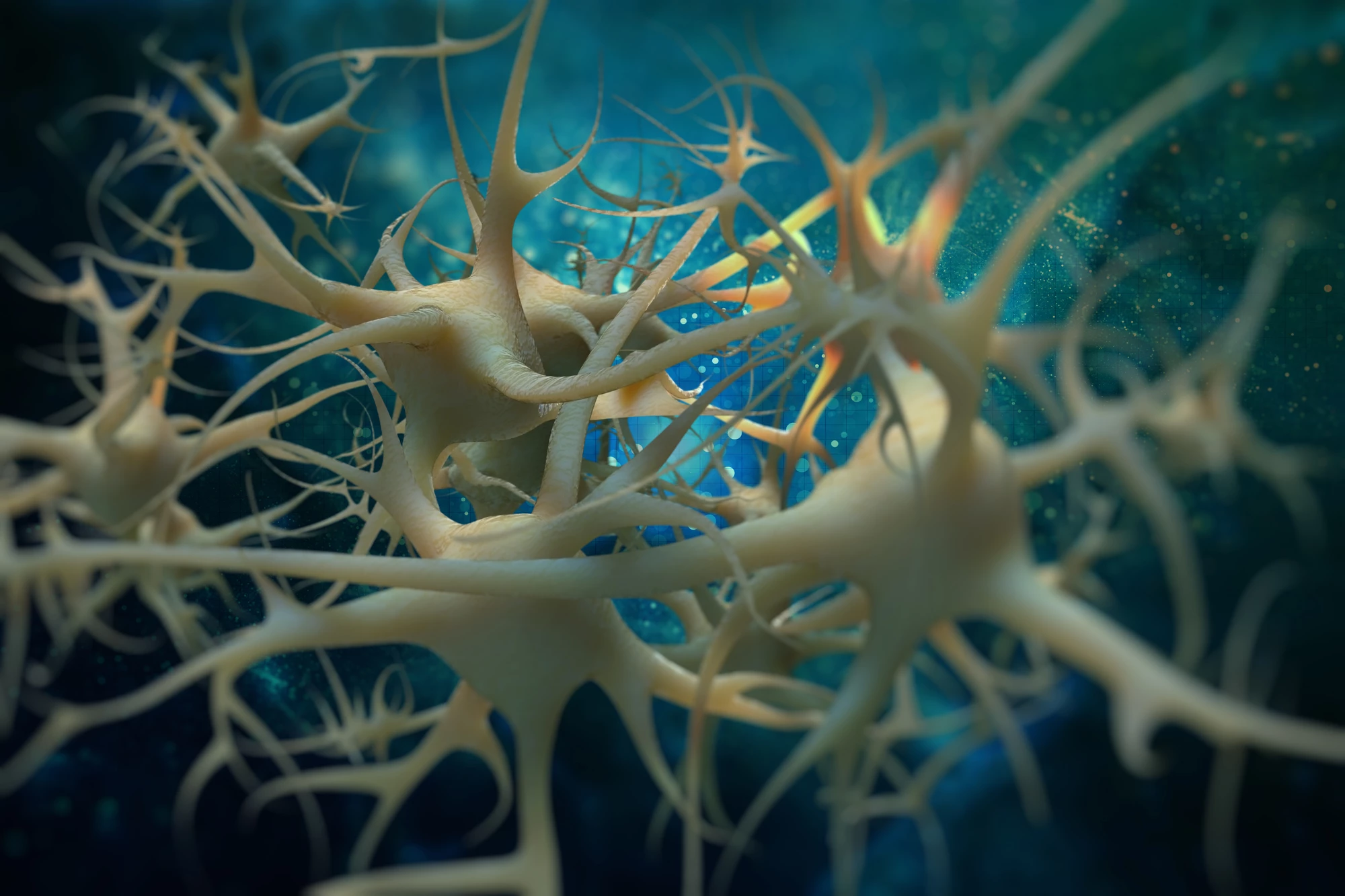Stem cell therapies are showing huge promise in a lot of areas, but one application that has scientists particularly excited is in next-generation treatments for Parkinson's disease. A team experimenting in this area has demonstrated how implanting carefully cultivated stem cells into rats can bring about remarkable recovery from motor symptoms typical of the disease, and are now setting their sights on upcoming human trials.
Parkinson's disease is considered a prime target for innovative stem ell therapies because the condition can be traced back to the deterioration of a particular type of cell in a particular region of the brain. The neurons in the substantia nigra, a structure in the midbrain, are responsible for producing dopamine, which helps control movement, among other things.
The loss of these neurons is what contributes to motor symptoms in Parkinson's patients, so using stem cell therapies to replace them is a very appealing idea, and one that has started to migrate from animal testing to humans. In a world-first trial undertaken in Japan in 2018, Parkinson's patients had stem-cell-derived precursor cells implanted into their brains where they matured into the dopamine-producing neurons, with a number of subjects reported to be doing well.
Similar early trials are underway in the US, as scientists work to ascertain the safety and efficacy of using induced pluripotent stem (iPS) cells to restore normal movement in Parkinson's patients. These iPS cells start as harvested adult cells that are treated with reprogramming factors that return them to an embryonic state. A second phase then exposes them to more growth factors to turn them into dopamine-producing neurons.
Scientists at Arizona State University have been experimenting with this process and testing out their designer neurons in rats in a proof-of-concept study. The idea was to optimize the method by which these cells are produced, making tweaks and seeing which versions brought about the largest improvements in the rodents' Parkinson's symptoms, ideally bringing the technology closer to clinical application.
This meant subjecting the stem cells to the factors for different periods of time during the second phase of their reprogramming, with different clusters cultured for 17, 24 or 37 days. The team found that the 17-day stem cells were "markedly superior" to the other types, with rats that had them grafted into their brain exhibiting remarkable recovery from their motor symptoms.
The dosage was also found to be key, with small numbers of stem cells having negligible effects, while larger amounts settled into the brain and joined up with neural tissue, forming synapses and generating dopamine. Ultimately, this led to the complete reversal of Parkinson's symptoms in the treated rats.
"The major finding in the present paper is that the timing in which you give the second set of factors is critical," said study author Jeffrey Kordower. "If you treat and culture them for 17 days, and then stop their divisions and differentiate them, that works best."
Following these promising results, the technique will now join the small handful of similar technologies being studied in humans in what's described as a first-of-a-kind trial. That will focus on a particular population of Parkinson's disease sufferers with a mutation in the parkin gene. These patients experience the decline in motor symptoms but don't suffer from cognitive decline or dementia, which the scientists say makes them ideal candidates for testing.
"We cannot be more excited by the opportunity to help individuals who suffer from this genetic form of Parkinson's disease, but the lessons learned from this trial will also directly impact patients who suffer from sporadic, or non-genetic forms of this disease," Kordower says.
The research was published in the journal Regenerative Medicine.
Source: Arizona State University




